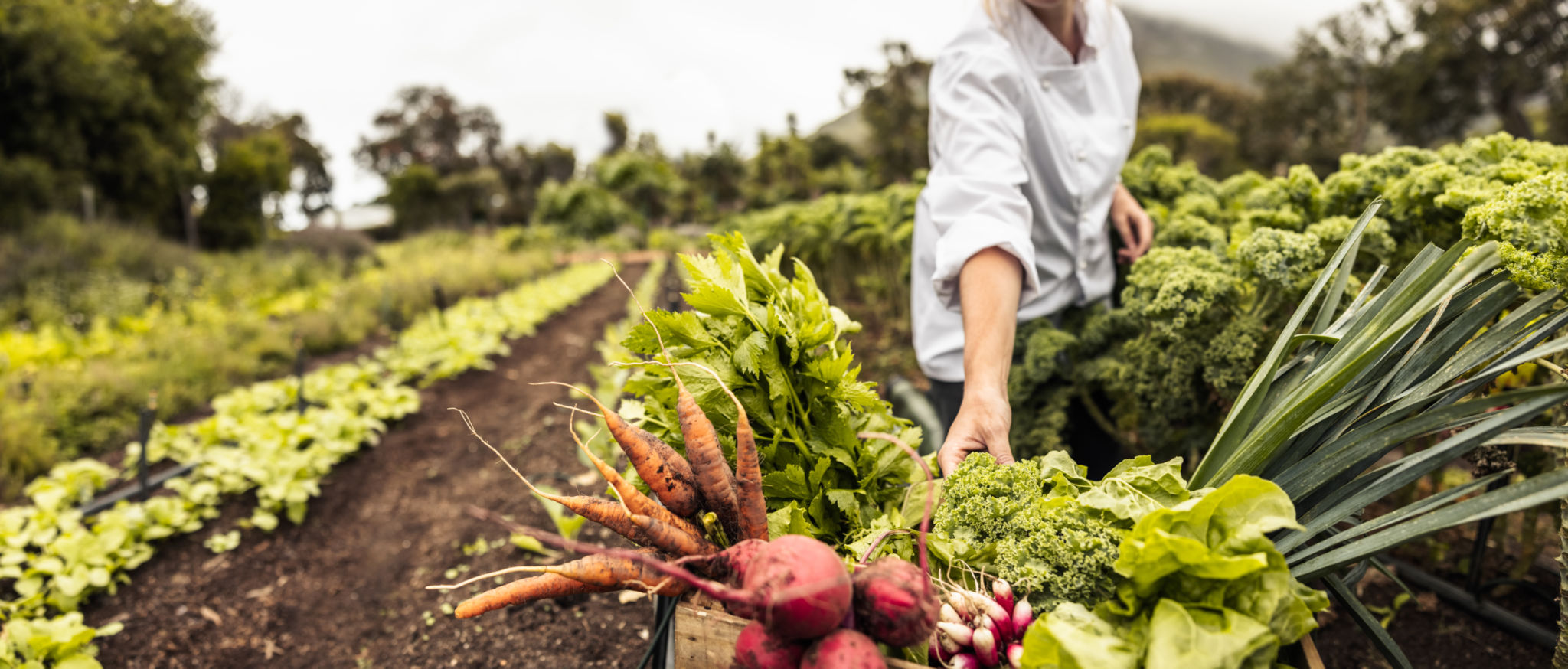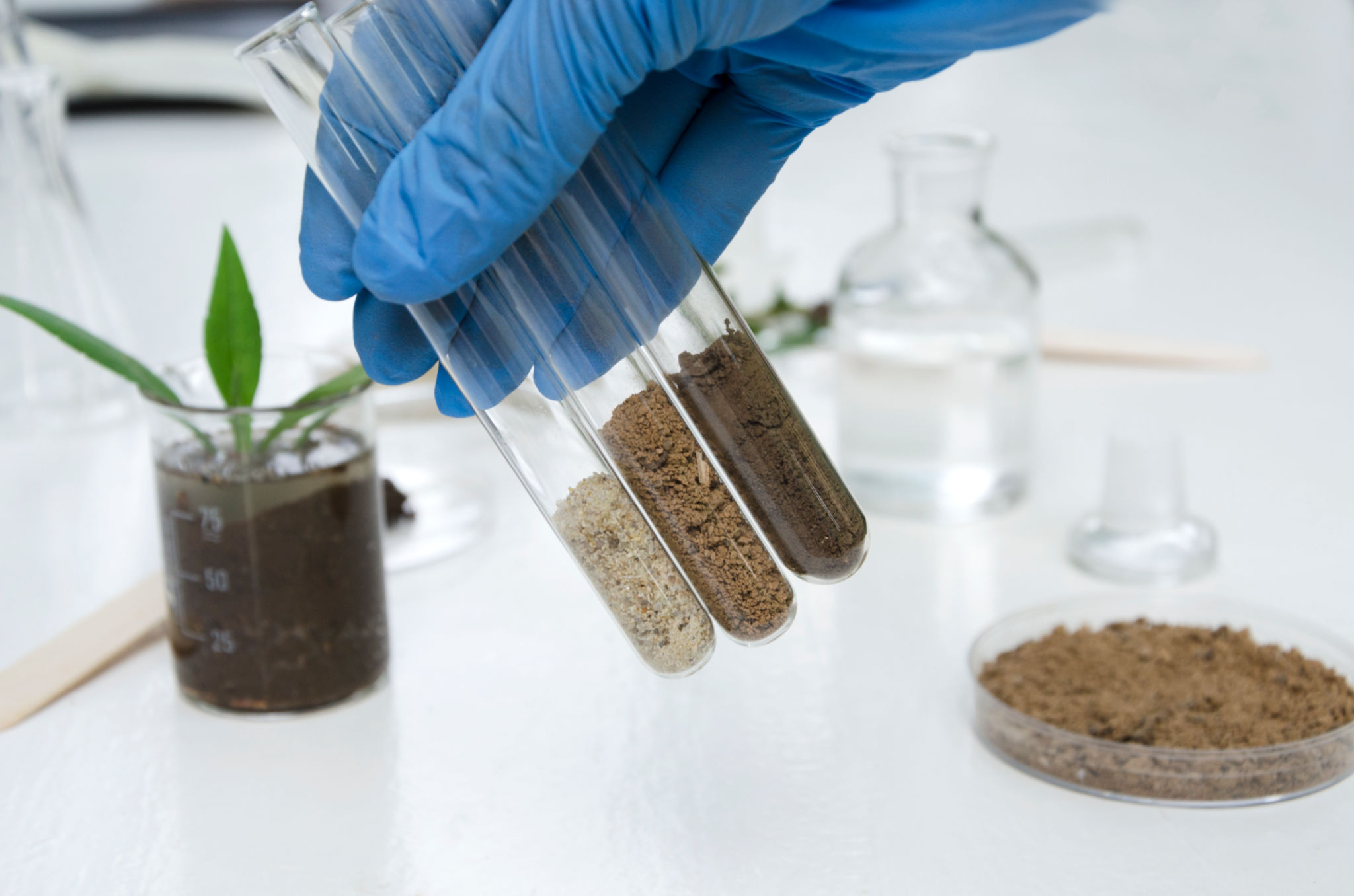Organic Soil Enhancement Tips for a Thriving Edible Garden
Understanding Organic Soil Enhancement
For an edible garden to truly thrive, the foundation must be solid, and that begins with the soil. Organic soil enhancement is a holistic approach to enriching the earth without the use of synthetic chemicals, promoting a vibrant ecosystem that supports plant growth. This method not only benefits the plants but also maintains the health of the soil microbiome, ensuring long-term sustainability.
One of the primary goals of organic soil enhancement is to improve soil fertility by increasing its organic matter content. This can be achieved through the incorporation of compost, cover crops, and other organic amendments. By doing so, you provide essential nutrients and improve soil structure, aeration, and water retention.

The Role of Composting
Composting is a cornerstone of organic soil enhancement. By recycling kitchen scraps and yard waste into nutrient-rich compost, you create a natural fertilizer that enriches your garden soil. Compost introduces beneficial microorganisms that help break down organic material, releasing nutrients that plants can absorb more easily.
To start composting, select a location in your garden for a compost bin or pile. Ensure a balanced mix of green (nitrogen-rich) and brown (carbon-rich) materials, such as vegetable scraps and dried leaves. Regularly turning the pile aerates it, speeding up decomposition and reducing odors.

Utilizing Cover Crops
Cover crops are another effective way to enhance soil organically. These are plants grown primarily to benefit the soil rather than for harvest. Common cover crops include clover, vetch, and rye. They prevent erosion, suppress weeds, and add organic matter when turned into the soil.
Plant cover crops during the off-season or in rotation with main crops. Once they reach maturity, till them into the soil before they go to seed. This practice not only improves soil fertility but also aids in breaking up compacted soil.
Incorporating Natural Amendments
Natural amendments such as rock phosphate, bone meal, and seaweed extract can be added to meet specific nutrient needs in your garden. These amendments release nutrients slowly, ensuring a steady supply for plants over time. It's important to test your soil before adding amendments to ensure you address any deficiencies correctly.

Additionally, utilizing organic mulches like straw or wood chips helps maintain moisture levels and regulate soil temperature. As they decompose, these materials also contribute organic matter to the soil.
Maintaining Soil Health
Regularly testing your soil is crucial for maintaining its health. Soil tests can inform you about pH levels and nutrient content, helping you adjust your enhancement strategies accordingly. Aim for a balanced pH level between 6 and 7 for most edible plants.
Rotate crops each season to prevent nutrient depletion and reduce pest build-up. Crop rotation disrupts pest cycles and ensures a diverse range of nutrients is used and replenished in the soil.
Benefits of Organic Soil Enhancement
The benefits of organic soil enhancement extend beyond immediate plant growth. Enhanced soil structure leads to better water infiltration and retention, reducing the need for frequent watering. Furthermore, healthy soils foster robust root systems that can withstand pests and diseases more effectively.
By adopting organic methods, you contribute to environmental conservation by reducing chemical runoff and enhancing biodiversity within your garden ecosystem. The result is a thriving edible garden that provides nutritious produce while also promoting ecological balance.

